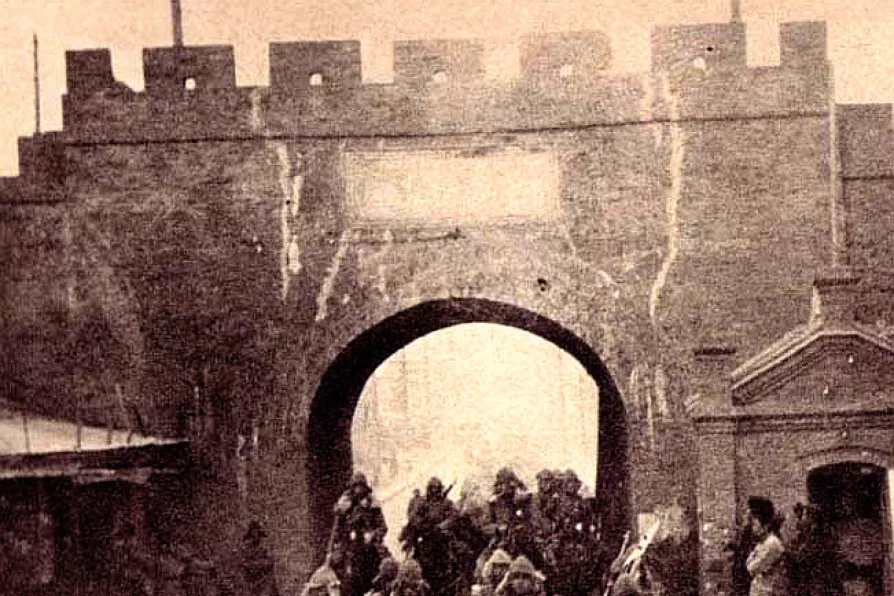As tens of thousands return to the streets for the first national Palestine march of 2026, this movement refuses to be sidelined or silenced, says PETER LEARY

 Japanese troops invade China, 1931, leaving behind a puppet state
Japanese troops invade China, 1931, leaving behind a puppet state
THE text of Richard Overy’s weighty new history of World War II runs close to 900 pages. Follow-up footnote source references add another 75 pages or so. Packed with facts and scholarly analysis, reinforcing his earlier works such as Russia’s War, its insights, clarity and objectivity are formidable.
Most of the first half is given over to the story of the war. Overy views the war, as it advances, from the standpoint of the rulers of the chief countries involved, building into the account their respective dilemmas, decisions, strategies and the reasons for these.
The rest of the book explores successively how resources were mobilised, military realities and developments, the organisation of economies, the justifications advanced for war, civilian resistance and political change sought, the psychiatric impact, war crimes and atrocities and finally, transition into a post-war world in which the Axis powers had failed in their objectives and in which the US was now the world’s most powerful country.

In a speech to the 12th Xiangshan Forum in Beijing, SEVIM DAGDELEN warns of a growing historical revisionism to whitewash Germany and Japan’s role in WWII as part of a return to a cold war strategy from the West — but multipolarity will win out

The obfuscation of Nazism’s capitalist roots has seen imperialism redeploy fascism again and again — from the killing fields of Guatemala to the war in Ukraine, writes PAWEL WARGAN

The pivotal role of the Red Army and sacrifices of the Russian people in the defeat of Nazi Germany must never be forgotten, writes DR DYLAN MURPHY

JOHN ELLISON recalls the momentous role of the French resistance during WWII










